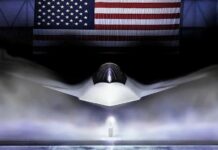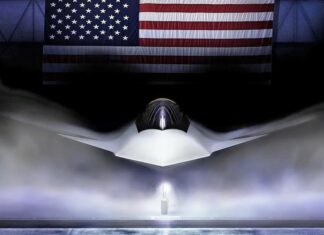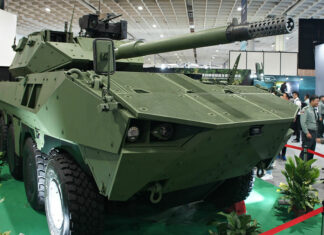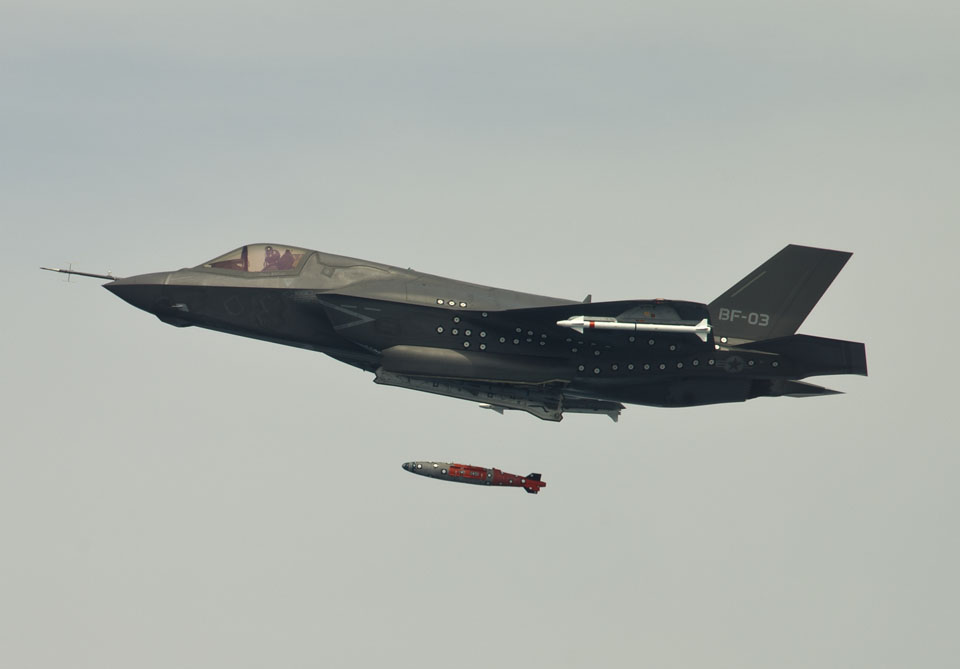
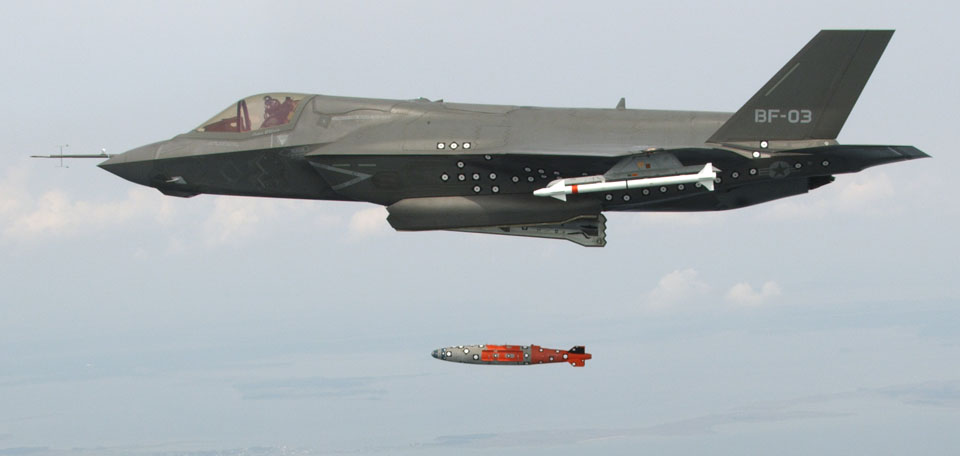
The F-35 Lightning II accomplished the first weapon separation test yesterday (August 8, 2012) on a test flight over the Atlantic test range. The release was the first time for any version of the F-35 to conduct an airborne weapon separation, and the first time a full separation test was performed with a weapon dropped from the internal weapon bay.
The milestone marks the start of validating the F-35’s capability to employ precision weapons and allow pilots to engage the enemy on the ground and in the air.
The test was performed by BF-3, a short take-off and vertical landing F-35 variant, dropping an inert 1,000-pound GBU-32 Joint Direct Attack Munition (JDAM) separation weapon over water in an Atlantic test range while traveling at 400 knots at an altitude of 4,200 feet. Aircraft and land-based test monitoring systems collected data from the successful separation, which is in review at the F-35 integrated test force at Naval Air Station Patuxent River.
“While this weapons separation test is just one event in a series of hundreds of flights and thousands of test points that we are executing this year, it does represent a significant entry into a new phase of testing for the F-35 program,” said Navy Capt. Erik Etz, director of test for F-35 naval variants.
An aerial weapons separation test checks for proper release of the weapon from its carriage system and trajectory away from the aircraft. It is the culmination of a significant number of prerequisite tests, including ground fit checks, ground pit drops and aerial captive carriage and environment flights to ensure the system is working properly before expanding the test envelope in the air.





